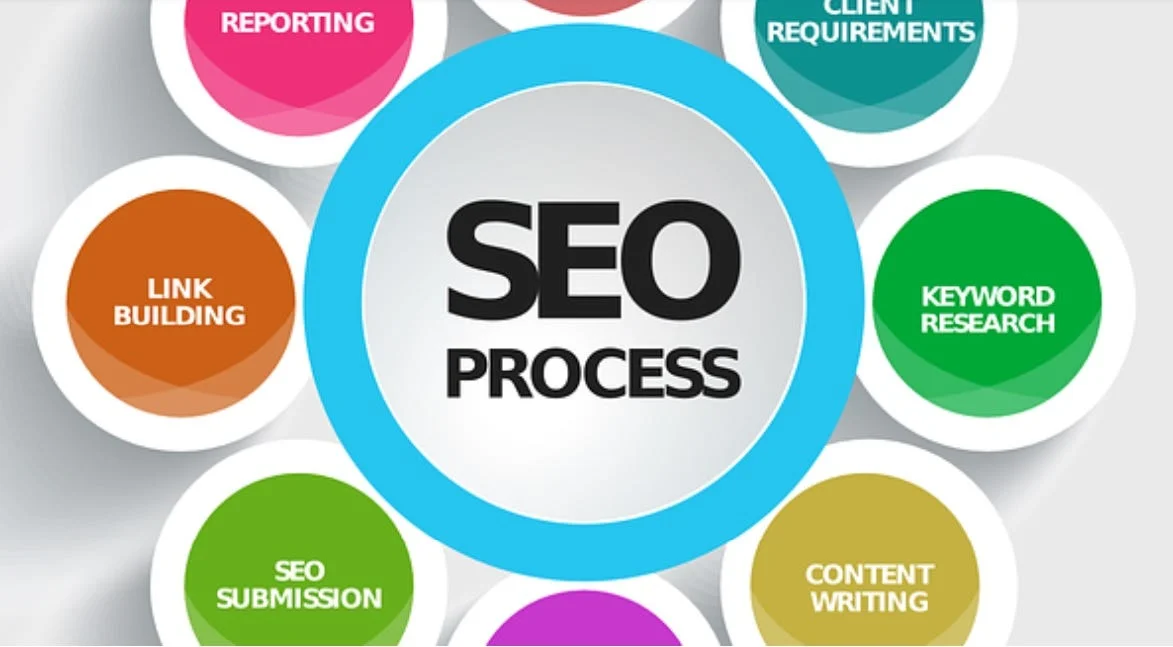Digital marketing SEO is the practice of optimizing your website and online content to rank higher in search engines like Google, Bing, or Yahoo. It is a crucial part of digital marketing, as it helps businesses attract organic traffic, improve online visibility, and generate leads or sales.
SEO (Search Engine Optimization) is not a one-time task. It combines technical improvements, content optimization, and marketing strategies to make your website search-engine friendly.
What is Digital Marketing SEO?
Digital marketing SEO involves optimizing your online presence so your website appears in search engine results for relevant queries. It includes:
- On-Page SEO: Optimizing content, titles, headings, URLs, and images on your website.
- Off-Page SEO: Building backlinks, promoting content, and improving your website’s authority.
- Technical SEO: Ensuring your site is crawlable, fast, mobile-friendly, and secure.
By integrating SEO into digital marketing, businesses can increase brand visibility, attract potential customers, and improve ROI.
Step 1: Conduct Keyword Research
Keyword research is the foundation of SEO. It helps you find the terms and phrases your audience is searching for online:
- Make use of resources like as Ahrefs, SEMrush, Ubersuggest, and Google Keyword Planner.
- Focus on long-tail keywords for better targeting and higher conversion rates.
- Analyze competitors to identify gaps and opportunities.
Choosing the right keywords ensures that your digital marketing campaigns reach the right audience.
Step 2: Optimize On-Page SEO
On-page SEO ensures that your website is structured and optimized for both users and search engines:
- Title Tags: Include primary keywords and keep them concise.
- Meta Descriptions: Write attractive descriptions to increase click-through rates.
- Headings (H1, H2, H3): Organize content for readability.
- URL Structure: Use short, descriptive URLs with relevant keywords.
- Internal Linking: Connect related pages to improve navigation.
- Images: Use alt tags with keywords for accessibility and SEO.
Effective on-page SEO improves user experience and search engine rankings.
Step 3: Focus on Off-Page SEO
Off-page SEO helps build website authority and credibility:
- Backlinks: Get links from high-authority websites in your niche.
- Social Media Sharing: Promote content to reach a wider audience.
- Guest Blogging: Write posts on other websites to drive traffic and backlinks.
- Online Listings: Submit your website to relevant directories.
Strong off-page SEO increases trust in your website, making search engines more likely to rank it higher.
Step 4: Implement Technical SEO
Technical SEO ensures your website is accessible, fast, and user-friendly:
- Mobile-Friendly Design: Ensure your site works on all devices.
- Page Speed: Optimize images, enable caching, and use fast hosting.
- SSL Certificate (HTTPS): Secure your website for better rankings.
- XML Sitemap: Submit to Google Search Console for better indexing.
- Robots.txt: Guide search engines on which pages to crawl.
Technical SEO creates a strong foundation for your website’s search engine performance.
Step 5: Create High-Quality Content
Content is the core of SEO and digital marketing:
- Write informative, engaging, and original content targeting your keywords.
- Structure content with headings, bullet points, and images for readability.
- Address user intent to provide value and solve problems.
- Update content regularly to maintain relevance.
High-quality content attracts organic traffic, encourages backlinks, and improves search rankings.
Step 6: Monitor and Analyze Performance
Tracking performance helps refine your SEO strategy:
- Use Google Analytics to track traffic, bounce rate, and user behavior.
- Use Google Search Console to monitor impressions, clicks, and keyword performance.
- Regularly optimize underperforming pages to improve results.
Continuous monitoring ensures that your SEO and digital marketing efforts are effective.
Conclusion: Start Your Digital Marketing SEO Journey
Digital marketing SEO is essential for online growth and business success. By combining keyword research, on-page and off-page SEO, technical improvements, and quality content, you can attract more visitors, increase conversions, and build long-term online authority.
Remember, SEO is a continuous process that requires patience, consistency, and monitoring, but the rewards in terms of visibility and growth are significant.
The Ultimate Guide on How to Buy Crypto in India
Read Also : Education Website Design
![]()





